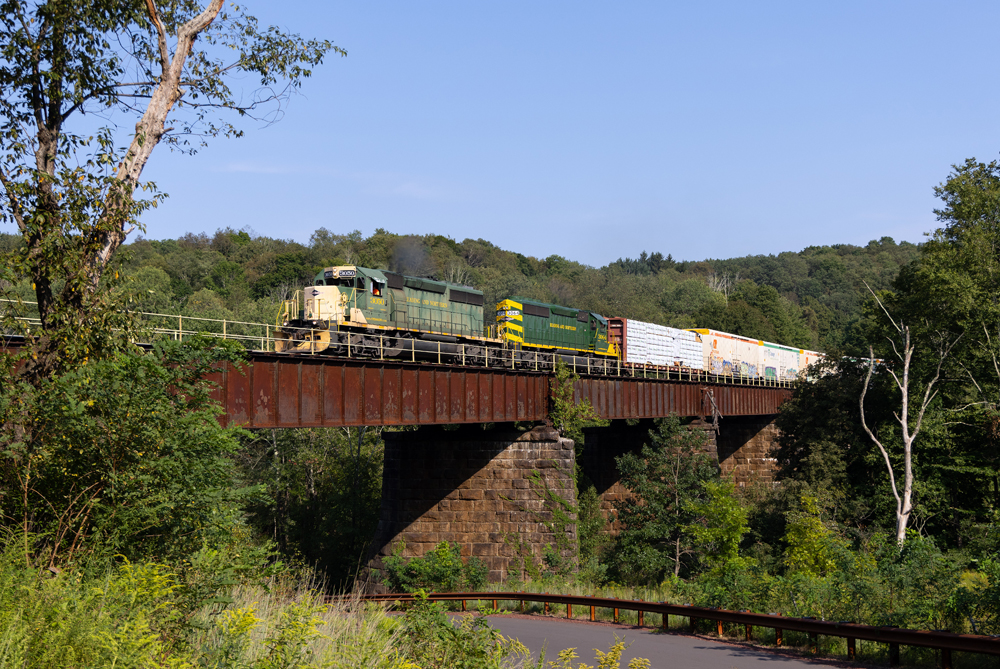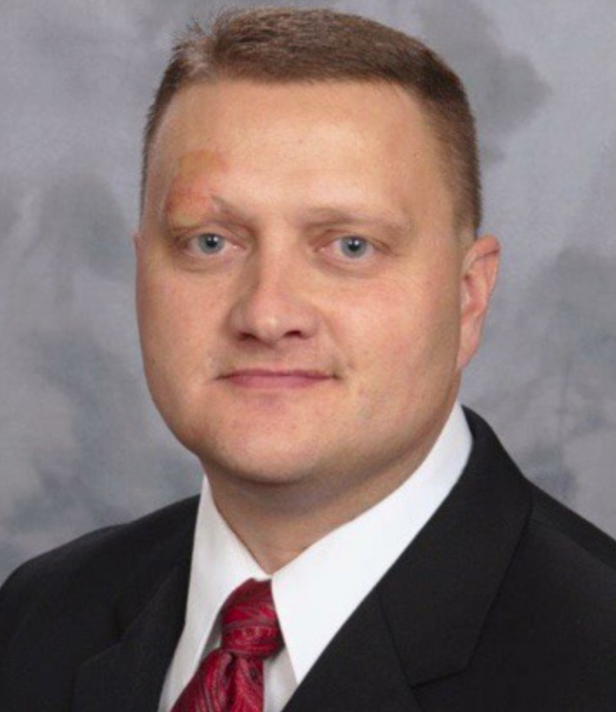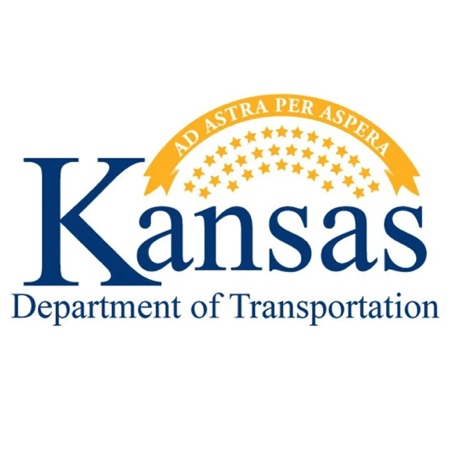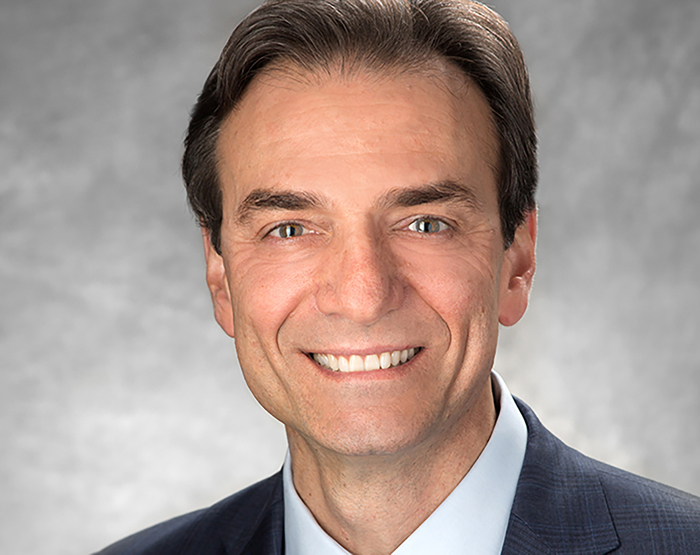
PORT CLINTON, Pa. — With a change in traffic mix more than offsetting a decrease in carloads, the Reading & Northern achieved record freight revenues in 2024, the railroad has announced.
The privately held railroad had previously announced record passenger ridership [see “Reading & Northern marks record excursion ridership …,” Trains News Wire, Jan. 8, 2025].
The company handled almost 32,000 carloads, a decline of 10%, attributable mostly to a drop in frac sand carloading as Marcellus Shale drilling decreased. But anthracite coal traffic exceeded 1 million tons for the second straight year, bringing a double-digit increase in coal revenue. The railroad also saw growth in forest products thanks to aggressive marketing to woodpulp producers of R&N’s Ransom Warehouse to stage stock closer to Procter & Gamble’s Mehoopany, Pa., plant, and an increase in paperboard for box plants it serves.
The company’s diverse traffic base also saw revenue success moving plastic resins, metals, and food and agricultural commodities.
“Our remarkable string of record-breaking results in our freight and passenger businesses is because we pay attention to taking care of our employees and taking care of our customers,” R&N owner and CEO Andy Muller Jr. said in a press release. “As long as we continue to focus on what’s important, and we continue to invest in giving our people the tools they need to safely and efficiently serve our customers, Reading & Northern will continue to thrive.”
The growth came with the railroad spending some $6 million on freight cars, vehicles, and other equipment, and track and other infrastructure. The company also hired 70 new employees, promoted 56 others, and gave raises and other benefits to its staff.
The Reading & Northern serves more than 80 customers in a nine-county area of Eastern Pennsylvania, operating more than 400 route-miles and employing more than 350 people.














I think it helps that Andy Muller grew up in the area and, most importantly, likes the business. And even better from my point of view, he’s taken advantage of the tourism aspects of the area because he understands that the railroad has superior access to extraordinary scenery in the big Northeast market. I hope the corporate culture he’s grown there can be passed along when he finally moves on. It may not be long now, because I know how old he is. In a brief conversation, we both shared our fondness for the original Iron Horse Rambles of the 60s, that the old Reading used to run.
If only the “big guys” could do as well. But of course with the hedge fund vultures continuing to shove the PSR/OR dogma down their throats, there’s no hope for them to seek out new lower-margin but profitable traffic or improve their physical plants.
Well said. Reading and Northern is proof the business will work if the right ‘recipe’ is followed.